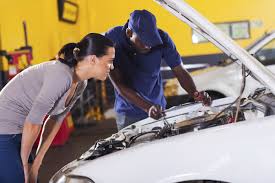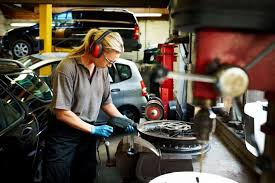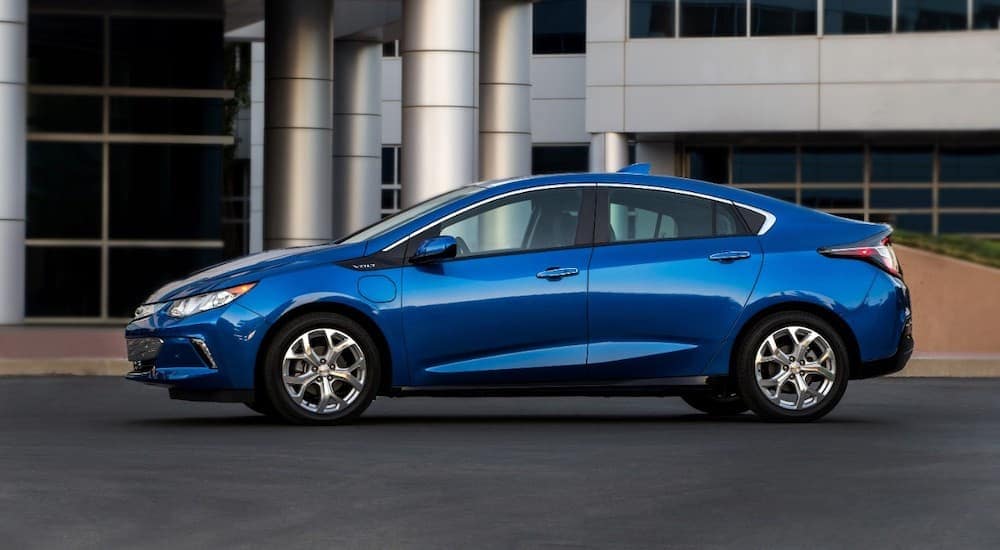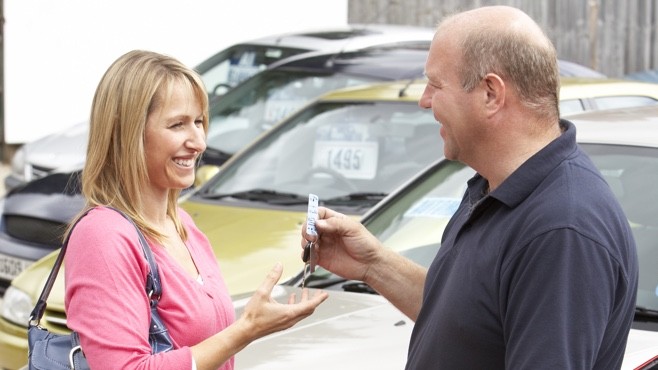How to Avoid Dishonest Auto Repair Shops
Some people buy cars for prestige but for most people a car is not a luxury, it is a necessity. You need it to run errands, take kids to school and commute to work. For this reason, your car can affect your productivity and it is not farfetched to say it could hamper your ability to meet your life goals. You therefore need a good auto repair professional to maintain it and keep it functional at all times. Here are some tips on how to avoid being swindled by dishonest mechanics.
SCARE TACTICS
There are two reasons why mechanics may choose to use scare tactics. The first is to get you to pay for nonexistent repairs. For example, he could tell you that the car is a death trap and needs immediate repair. Most people are too scared to question and often go for with what they are told. The other reason is to prevent you from going to another repair shop. For example, he may tell you that you are lucky to have gotten there safely. He will make you feel like driving another mile down the road is very dangerous. Just like in the first instance you may be too scared to scrutinize him further.
ASK QUESTIONS
It is always important to ask questions. Some unscrupulous repair men may use technicalities to get you to pay more than you should. Note that a qualified professional mechanic will always be willing to answer all your questions. You therefore need to arm yourself with a set of questions. Find out if this is their area of specialization. Some auto repair shops are only certified to repair certain makes and models. Find out how much you can expect to be charged for diagnosis. How do they charge? Per hour, or is it a flat rate fee?
SHOW THEM YOU KNOW
Dishonest auto repair shops tend to prey on people who they perceive as clueless. Showing them you have a clue can throw them off. There are ways you can do this. Describe the problem in very specific terms. If you are hearing noises when you brake, where are the noises and where is the sound coming from? The more specific you are the harder it is for them to lie and invent other mechanical issues. You can also research the problem online to find out what the problem could be before visiting your local repair shop.

Read Online Reviews About the Repair Shop
Along with traditional word of mouth recommendations, online reviews are an excellent way to gather information about your mechanic. Start with a general Google search to read online reviews of the mechanic’s shop. Searching the mechanic by shop name along with the city and state will yield some important information including internet posts by satisfied and unsatisfied customers. Read all posts carefully. A single unhappy customer does not necessarily mean the mechanic is dishonest, but a pattern of unhappy customers means you should steer clear of this particular shop. Google+, Yelp, and the Better Business Bureau’s online search tool are excellent ways to gather information about your potential mechanic.
Get a Detailed Auto Repair Estimate in Writing
A detailed written estimate is critical to have in hand prior to authorizing the performance of any service work. Have the repair shop give you an estimate of exactly what they will be doing, what they are replacing, the tests they will be doing (if any), the parts they plan to replace and the amount of time they think it will take. A written estimate amounts to a basic contract in most states and protects the consumer from unauthorized work and expenses. With an agreed upon written estimate, the mechanic cannot perform any repairs that are not on the estimate without your approval. Just as you would never sign a blank check and hand it over to your mechanic, NEVER sign a blank authorization form.
Check for Mechanic Certificationsase
Just as you would expect from any professional, the mechanics who work on your vehicles should have industry certifications. Look for ASE certifications. Possession of such certification means that your mechanic has passed rigorous testing to prove their expertise in auto repair. A mechanic who has not passed these tests should not be allowed to work on your vehicle.
Here are some typical auto repair scams and how to avoid them.
Scams are sometimes hard to detect so be very alert to any signs or key words you see or hear as you’re talking with a repair shop.
Repair Scams on the Road
As you’re travelling cross country on the open road, you periodically need gas, air in your tires, or to get your oil checked. Some crooked service station owners will take this opportunity to scam you by dripping oil under your car, cutting fan belts or hoses, and even puncturing a tire. Then they’ll charge you a premium to do these repairs.
How can you avoid these “Highway Robbers”? The best way is to get gas, water, and air only at large, well-known service stations. Don’t pull into one of those small dingy gas stations with rusty cars strewn around the property. These are oftentimes far away from larger cities, way out in desolate areas. Plan your fuel and potty stops so you wind up in larger cities.
Repair Frauds when traveling
As you’re taking a trip cross nation on the open roadway, you occasionally need gas, air in your tires, or to get your oil examined. Some jagged gas station owners will certainly take this opportunity to scam you by trickling oil under your cars and truck, cutting fan belts or hoses, and also penetrating a tire. Then they’ll charge you a costs to do these repair services.
Exactly how can you avoid these “Freeway Burglars”? The very best means is to obtain gas, water, and air just at big, well-known service stations. Don’t pull into one of those small dingy filling station with corroded autos scattered around the residential or commercial property. These are oftentimes away from larger cities, escape in barren areas. Plan your fuel and also potty quits so you wind up in bigger cities.

Fix Estimate Scams
A few buyers commit the error of not getting a fix gauge recorded as a hard copy before the work is finished. This trick happens when the mechanics shop gives the purchaser a truly sensible gauge when the vehicle is dropped off, however when he comes to get it, the cost is significantly higher than the verbal gauge. The repairman will guarantee that some unexpected issues came up and expanded the bill.
In what capacity would this be able to kind of trick be stayed away from? For one, generally get your fix gauge recorded as a hard copy. Furthermore, make it understood to the retailer that if any surprising fixes are found during the primary fix, you are to be advised about it and the expense to fix it before the work is finished.


